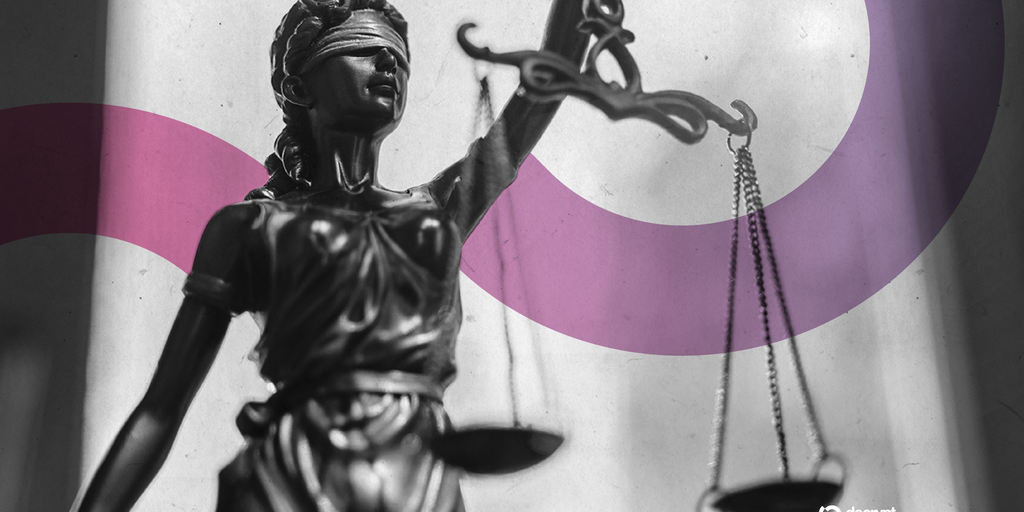In short
- Nike and Stockx have terminated their legal battle for abuse of trademarks.
- A judge ruled in March 2025 that Stockx sold Nike Sneakers Namakers.
- Analysts said Decrypt that the deal gives less room for resale platforms in gray and more focus on NFTs approved by brand.
Nike Inc. and Stockx, a Detroit -based online marketplace, organized A three-year case in the Federal Court of New York last Friday about Sneaker-linked NFTs and trademark abuse, more than half a year after a judge had ruled the resale platform.
The settlement immediately planned a jury jurisdiction for October for the calendar, so that all claims with prejudices are rejected. It saves the risk of a harmful judgment, while Nike the uncertainty to avoid his brand protection strategy for a jury.
The case started in the southern district of New York in February 2022, then Nike accused Stockx from trademark infringement and dilution, claiming that the “vault” used NFT’s Nike Sneaker images without permission to sell tokens bound to physical shoes.
At the time, Nike assertions The NFTs “will probably confuse consumers, create a false association between those products” and dilute the trademarks.
A month later, Stockx prevent In the sense that his Kluis NFTs were designed “to follow the ownership of often traded physical products”, not to mislead consumers, with the argument that the Nike suit reflected “a fundamental misunderstanding of the various functions that NFTs can serve”.
By May of the same year, Nike had altered His complaint to claim that Stockx also sold fetchy sneakers, and said that couples who bought it from the platform failed and further supported his trademark claims.
These accusations were tackled later in March of this year, with right Valerie Caproni grant Nike partly brief judgment after finding Stockx liable for distributing counterfeit goods coupled to four pairs of shoes that are sold to Nike researchers and sold 33 couples to a customer named Roy Kim.
Unequal in court
The ruling left other claims unsolved and made the case for the trial, but the settlement that was reached at the end of August brought those plans briefly.
Now observers point to the abrupt resolution as an important moment for how markets can view tokenized goods.
The Nike -Stockx settlement “brings lighting to the Sneaker NFT market by removing the risk of a disruptive jury test, but the real signal for the industry came earlier: when RTFKT was closed in December,” then Dadybayo, research and strategy strategy told with not stopped wallet. Decrypt.
“RTFKT was the most influential Phygital studio, which combined Nike cryptokicks, Clone X with Murakami and experimental sneaker drops,” Dadybayo explained.
The Closure of RTFKT “Show how fragile hybrid models are when brand control and IP -Compliance are not crystal clear.”
The settlement reinforces how “NFTs who work as revenue for physical goods will survive, but tokens that will be confronted with legal pressure in stand-standing collective objects without brand approval,” he said, adding that “less tolerance for resale platforms can be expected from gray-area.
Hank Huang, CEO of Kronos Research, told at the point of Dadybayo, said Decrypt That NFTs “are no longer a legal gray area”, and notice how trademark rights “have become essential for building credible, conforming platforms”, since the Tokenized Collectible Market “enters a more disciplined phase.”
Daily debrief Newsletter
Start every day with the top news stories at the moment, plus original functions, a podcast, videos and more.

